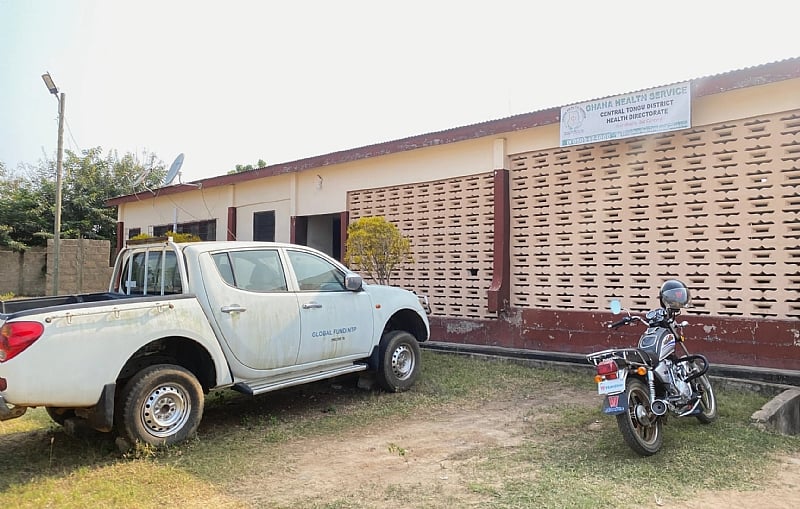The Central Tongu District in Ghana is grappling with significant challenges in its healthcare system, stemming primarily from inadequate logistical support and persistent staffing shortages. This resource deficit is severely impacting the quality of healthcare delivered across the district’s 24 health facilities, which include 16 Community-based Health Planning Systems (CHPS) compounds spread across five sub-districts. The lack of reliable transportation is a major impediment to effective oversight and supervision. With only one functioning vehicle remaining out of an initial fleet of three, health officials struggle to conduct essential quarterly supportive supervision visits. This over-reliance on a single vehicle not only limits the frequency and reach of supervisory efforts but also raises the risk of the vehicle breaking down, which would further cripple the already strained system. Furthermore, the absence of adequate transportation forces healthcare workers to resort to using motorbikes to access remote communities, exposing them to physical strain, hazardous road conditions, and safety risks.
Compounding the transportation woes is a critical shortage of essential medical equipment. Many health facilities lack vital resources such as nebulizers, oxygen concentrators, and a sufficient number of beds. This scarcity of basic equipment compromises the quality of care and forces patients to endure uncomfortable and potentially unsafe conditions. In some instances, patients are forced to sit on chairs or lie on benches during emergencies due to the limited number of beds available. This inadequacy underscores the dire need for investment in basic medical infrastructure to ensure that patients receive appropriate care in a safe and dignified environment. The combination of transportation and equipment shortages creates a challenging environment for healthcare workers and compromises the quality of care available to the community.
Staffing shortages further exacerbate the challenges facing the Central Tongu District’s healthcare system. High attrition rates, driven by factors such as healthcare workers seeking opportunities abroad, pursuing further education, or requesting transfers to other regions, have left many facilities severely understaffed. Some health centers operate with only one nurse or midwife, who must juggle multiple responsibilities, including outpatient department duties, outreach programs, and delivery services, often without adequate rest. This heavy workload takes a toll on the physical and mental well-being of healthcare professionals, impacting their overall performance and potentially compromising patient care. The continuous strain on limited staff further underscores the urgent need for recruitment and retention strategies to address the chronic staffing shortages.
The geographical challenges presented by the district’s terrain, particularly the presence of island communities, add another layer of complexity to healthcare delivery. Healthcare workers often face difficulties accessing these remote communities, sometimes resorting to crossing rivers using commercial means due to the lack of dedicated boats. These logistical hurdles delay referrals, particularly in emergency situations, leading to adverse outcomes, including a concerning increase in stillbirths. The reported eight stillbirths this year, largely attributed to delayed referrals, highlight the critical need for improved access to these isolated communities. Providing dedicated boats for healthcare workers would significantly reduce transport time, enabling timely interventions and potentially saving lives.
Despite these formidable challenges, the health workers in the Central Tongu District remain committed to providing the best possible care under difficult circumstances. They demonstrate remarkable resilience and dedication, improvising and making personal sacrifices to ensure that their communities have access to essential healthcare services. Their unwavering commitment underscores the importance of addressing the systemic issues that hinder their ability to provide optimal care. While their dedication is commendable, it is crucial to provide them with the necessary resources and support to ensure their well-being and enable them to deliver quality healthcare effectively.
District health officials are appealing to various stakeholders, including the government, Members of Parliament, the District Assembly, traditional authorities, and non-governmental organizations, to intervene and provide much-needed support. Their appeal encompasses requests for vehicles, boats, essential medical equipment, and additional staff postings to bolster the district’s healthcare capacity. They also urge political leaders to refrain from interfering in staff transfers, emphasizing that such interventions often deprive rural communities of crucial healthcare services. Addressing these challenges requires a collaborative effort from all stakeholders to ensure the long-term sustainability and effectiveness of the healthcare system in the Central Tongu District.














